
 Flash News
Flash News
Celibashi: The CEC platform fell victim to several cyberattacks during the elections
Stalking and fake profiles on social networks, several arrested and prosecuted in Tirana
Tirana's road police with an "iron fist": 14 arrested in the last few hours, around 6,000 fines
Artan Lame passes away at the age of 58
Murder of Ermir Dedja, two people are wanted, the perpetrators' vehicle was secured
Study: Dam construction brings serious ecological consequences on the source of the Vjosa River
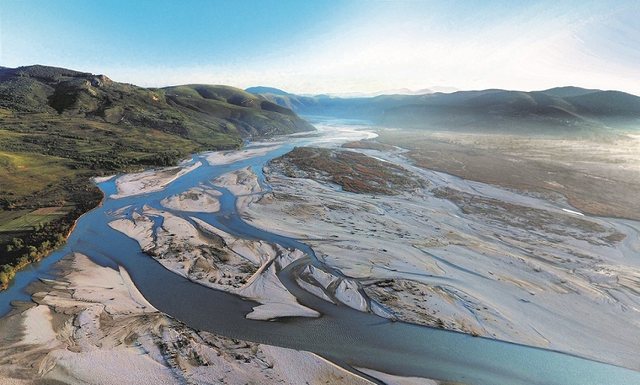
A new scientific study, conducted by researchers at the University of Natural Resources and Human Sciences in Vienna in collaboration with the Hellenic Center for Marine Research in Athens, highlights some of the most serious ecological consequences brought about by one of the dams located in the headwaters of the Vjosa (Aoos) River in Greece.
"Without the ecological flow from the Aoos source dam, the once wild river has been reduced to a narrow stream only 1.3 meters wide. This has brought about drastic hydromorphological changes," the study says.
According to the EU Water Framework Directives, ecological flow is not simply a minimum water volume, but the amount of water necessary for downstream ecosystems to maintain their natural characteristics and perform vital ecological functions.
The last wild river in Europe, the Vjosa-Aoos, stretches for around 260 km, starting from its source in the Pindos Mountains of Greece and continuing through the Vjosa National Park in Albania, to its mouth in the Adriatic Sea.
The construction of dams at the headwaters of the AOOS in Greece in 1987 completely cut off the downstream flow of the river, causing a cascade with severe ecological impacts.
The study's findings show that the reduction in free flow has also led to a decrease in the number of species that are part of the river ecosystem, the continuity of which depends directly on the continuity of the river's flow.
"The lack of free flow has led to drastic habitat loss and declines in fish populations and diversity, especially Balkan trout," the findings further cite, with impacts mainly observed during the dry summer months.
The executive director of the environmental organization, MedIna in Greece, emphasized the vital role that the wild Vjosa-Aoos river has in the region.
“The Aoos is not just a river, it is a vital main artery, which connects ecosystems, communities and cultural heritage,” said Alexis Katsaros of MedIna.
The study, published by Riverwatch, EuroNatur and MedINA, highlights the urgent need to restore the ecological flow of the river at source dams.
“Restoring the ecological flow of the Vjosa-Aoos River should be the main goal of the region’s public policies for a sustainable future,” said Katsaros from the MedIna institute./ BIRN
Latest news

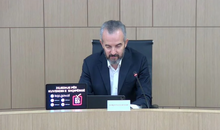


Patient dies during surgery, doctor prosecuted in Durrës
2025-05-22 12:54:55

The “Black Eagle” dossier in Brussels exposes money laundering in Albania
2025-05-22 12:39:16
Berisha publishes video: Voter lists and ballots were found in the village bar
2025-05-22 12:30:29




"5D" file, debate between the defendants' lawyers
2025-05-22 11:37:05

Hoxha: The Troplini received projects from the Prime Minister, appointed leaders
2025-05-22 11:16:59
Këlliçi: The elections, a farce organized by the state and organized crime
2025-05-22 11:07:19
"Toyota Yaris", GJKKO sentences lawyer Radovan Çela to 4 years in prison
2025-05-22 10:56:47
Artan Lame passes away at the age of 58
2025-05-22 10:45:00


Anti-drug mega-operation, checks at the Port of Vlora
2025-05-22 10:13:54



European Union's top diplomat Kallas visits Serbia and Kosovo
2025-05-22 09:36:58
Capital investments at lowest level since 2010
2025-05-22 09:27:12
Two Israeli Embassy staff members killed in Washington
2025-05-22 09:12:46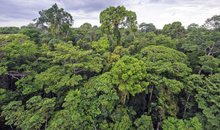
Pyjet tropikale pësuan shkatërrim rekord në vitin 2024
2025-05-22 09:04:20
Foreign exchange, May 22, 2025
2025-05-22 09:00:12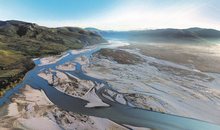

Accident on the Durrës-Tirana highway, vehicle overturns on the road
2025-05-22 08:31:24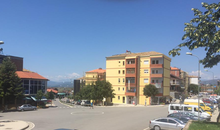

Horoscope, what do the stars have in store for you today?
2025-05-22 08:08:02
Showers, what are the temperatures expected to be like during the day?
2025-05-22 07:54:04
Morning Post/ In 2 lines: What mattered yesterday in Albania
2025-05-22 07:41:33


Germany extends the stay of its troops in Kosovo
2025-05-21 22:19:22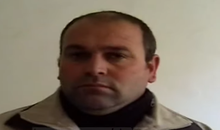
Journalist: Xhevdet Troplini alongside a politician
2025-05-21 22:00:07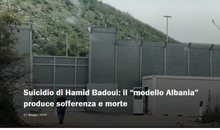
Amnesty International: Camps in Albania, a reflection of an inhumane system
2025-05-21 21:49:09
This is the first Albanian justice collaborator
2025-05-21 21:39:45
Bitcoin breaks historical record: Reaches $109,302
2025-05-21 21:36:06
Raped by colleague at the civil registry office, victim fired from job
2025-05-21 21:08:47
Hyn në fuqi vendimi i BSH/ Kredia për blerje banese kufizohet nga 1 korriku
2025-05-21 21:04:37
“Nga dhuna e burrit humba fëmijën”, nëna e dy të miturve kërkon drejtësi
2025-05-21 20:50:23
The government extends the stay of Ukrainians in Albania
2025-05-21 20:45:04
Social networks: Friend or foe of our personal relationships?
2025-05-21 20:22:33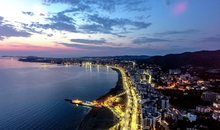





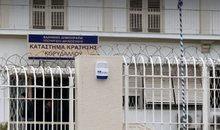

The famous soprano of TKOB passes away prematurely
2025-05-21 18:27:50

Donald Trump's son says he might one day run for US president
2025-05-21 17:53:20

Israel's Eurovision result raises questions about voting
2025-05-21 17:23:29
Florence, two Albanians arrested with 23 kg of cocaine
2025-05-21 17:03:20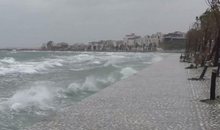
Sailing suspended due to bad weather in Vlora
2025-05-21 16:58:12
The abolition of the vote as a triumph of banality
2025-05-21 16:41:56


Operation "Bridge"/ Ekil Nderjaku is sentenced to "prison arrest"
2025-05-21 16:08:32

Who needs more physical exercise: Women or men?
2025-05-21 15:43:25
Former Ukrainian politician shot dead near a school in Madrid
2025-05-21 15:32:18
Operation "Bridge"/ Ekil Nderjaku is given another security measure in his cell
2025-05-21 15:22:37
Chocolate will reach high prices! Cocoa production in serious crisis
2025-05-21 15:11:34




"Grandma", "beast", the nicknames used by Albanian and Italian traffickers
2025-05-21 14:26:47
Pope Leo asks Israel to allow humanitarian aid into Gaza
2025-05-21 14:18:42

Document/ How did Nuredin Dumani hit Xhevdet Troplini's group of traffickers?
2025-05-21 14:05:45

Megaoperation/ Group based in Durres, names of Albanian traffickers revealed
2025-05-21 13:42:44
Former politician shot dead outside his children's school
2025-05-21 13:39:27
A ka BE-ja ende mjete efektive për t'i shkaktuar dhimbje Rusisë?
2025-05-21 13:26:33
Berisha: We will never accept such choices, no one can force us to accept them
2025-05-21 13:25:29




A 24-year-old man was found dead in Lake Farka.
2025-05-21 12:37:34

The abolition of the vote as a triumph of banality
2025-05-21 12:18:53

The only name for May 11th is: Electoral Terrorism
2025-05-21 12:06:25
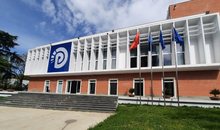
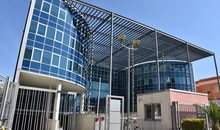
Letter-order from Belgium, SPAK checks 4 premises, 33-year-old arrested in Berat
2025-05-21 11:37:31
Hajj 2025/ Everything you need to know about the annual pilgrimage to Mecca
2025-05-21 11:28:43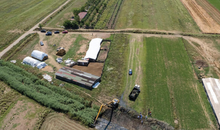

The appeal of the GJKKO leaves the head of the Road, Roven Zeka, in prison
2025-05-21 11:02:16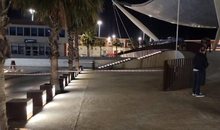

Kuçova! 66-year-old man sexually harasses 17-year-old girl
2025-05-21 10:41:40
